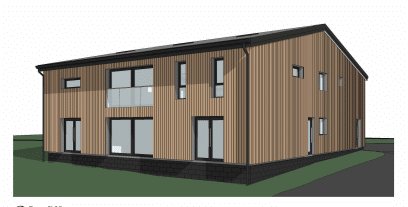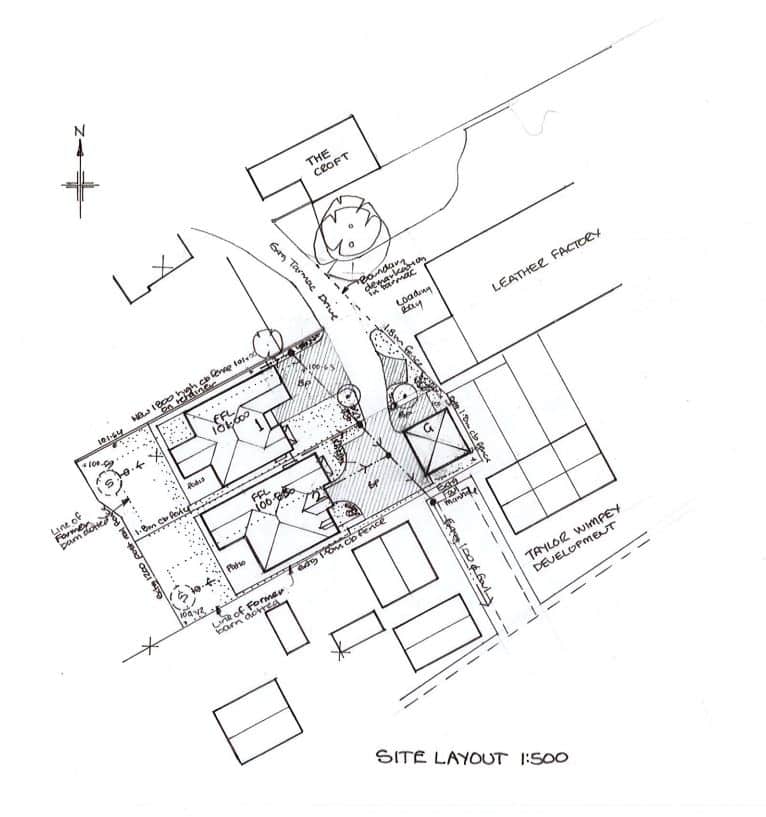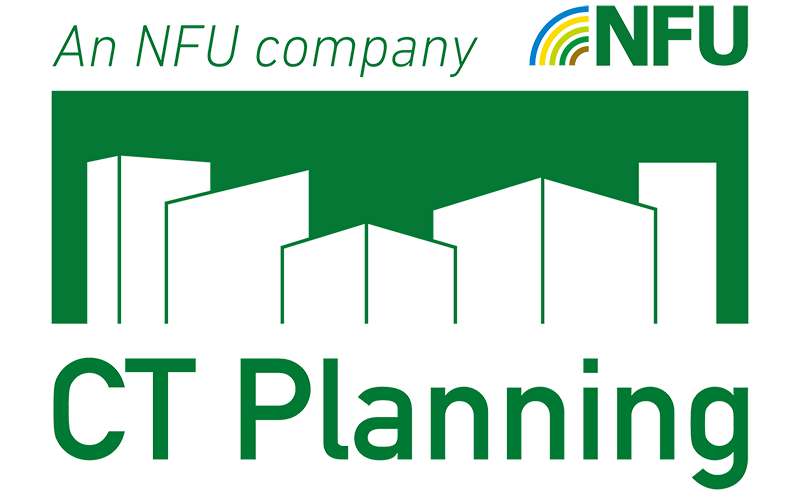
The open consultation titled “Consultation on additional flexibilities to support housing delivery, the agricultural sector, businesses, high streets and open prisons; and a call for evidence on nature-based solutions, farm efficiency projects and diversification” from the DLUHC was published 24 July 2023 and will run to 25 September 2023. As suggested by the title the consultation document proposes potential changes to permitted development rights to allow for additional flexibility.
This article focuses on the proposals for changes to permitted development rights related to the rural setting; given the government’s recent publication of the policy paper ‘unleashing rural opportunity’ and the emergence of television programmes such as Clarkson’s Farm bringing issues around planning acting as a barrier to rural economic growth to the fore we feel as though this is the most pressing issue.
The proposed re-thinking of Class Q
Class Q Part 6 is a commonly used permitted development right allowing for the change of use of a barn or agricultural building to residential. Currently this right is restricted dependent upon the presence of land designations, however, proposed changes may mean that this form of permitted development is available to more areas.
It is proposed that Class Q will become applicable to Article 2(3) land excluding World Heritage Sites given that their status is dictated by UNESCO. Nevertheless, this would mean that this would be a viable option for those situated within a National Park or the Broads as well as an AONB and Conservation Area. This is a promising recommendation acting as an auspicious signal that the government do recognise that despite these areas of natural beauty they must be developed or there is a grave risk that these areas will be left behind and only used seasonally as tourist facilities.
Furthermore, there is a suggestion that Class Q may be applied to buildings on agricultural units that may not be in solely agricultural use. Alternatively, it is also suggested that the right should be applied to former agricultural buildings no longer part of a functioning agricultural unit.
In an attempt to ‘retain the focus on providing smaller homes for rural workers and local people’ changes to limitations surrounding floor-space have been released for consultation:
- The single maximum floorspace for a single dwelling is proposed to be reduced from 465 square metres to 100 – 150 square metres
- The maximum number of homes that is eligible to be created as part of a Class Q development is proposed to be increased from 5 to 10
- It is proposed that for a building to qualify as being eligible for a Class Q conversion it must be a minimum of 37 square metres
This is a radical change from the government and perhaps an indication of the value they are beginning to place on food production and security, with these changes seeming to suit the needs of the agricultural sector and worker far more than those people looking to escape the city and move to a big house in the countryside.
The government are proposing that rear extensions may be a possibility as part of a Class Q conversion providing it is situated on previously developed land (covered by a hard surface prior to 24 July 2023) and the extension is single storey with a max depth of 4 metres.
However, despite the positive nature of these proposed changes there is one suggestion that does appear problematic. It is suggested that there will be a requirement that for a building to be eligible for conversion under Class Q it must have an existing access to a public highway, something that is not common for a significant proportion of agricultural buildings.
Projected ‘shake-up’ of Part 6 Permitted Development Rights
Part 6 relates to agricultural development and is most commonly used to construct a barn or shed incidental to the agricultural use of the land. The current restrictions on the size of the shed or barn that can be granted under this form of permitted development is proposed to be significantly increased:
- On agricultural units less than 5 hectares the maximum floor area of the building is projected to increase from 465 square metres to 1000 square metres
- On agricultural units more than 5 hectares the maximum floor area of the building is projected to increase from 1000 square metres to 1500 square metres
- There may also be the possibility of a 25% extension on existing agricultural buildings for Class Q to create even an even larger barn.
- This is again encouraging and signals an understanding from the government that there is a changing farming economy which demands larger buildings particularly when enterprises are growing requiring more storage space for produce as well as machinery.
Proposed changes to Class R offer fresh opportunities for rural diversification.
Currently Class R relates to the change of use from agricultural to flexible commercial use. However, it is proposed this is set to change redefining the right.
Rather than Class R just relating to agricultural buildings it is proposed that this is opened to include any building within a ‘rural use’ such as forestry and equine. Furthermore, there are proposals to redefine what is meant by ‘flexible commercial use’ and expand this to include outdoor sports, recreation, or fitness as well as general industrial uses which favour processing of raw goods produced on site and to be sold on site excluding livestock to support the continued growth of farm shops. This will continue to be subject to prior approval.
At first glance, the proposals outlined within the document do seem promising for the future of the rural economy and agriculture as an independent economic sector. However, it is important to note that the document is subject to change dependent upon consultation responses. Nothing is guaranteed until it is approved and published within the General Permitted Development Order.
Nevertheless, on the whole there is reason for optimism; the contents of this document are a direct acknowledgment from the government that the rural economy is important, and that changes to the current rules to make agricultural development more flexible for farmers so they can diversify to be more productive, should form an integral part of this economic sector.
Planning consultants can advise on the preparation and submission of:
- Planning applications
- Planning Appeals
- Listed building consents
- Discharge of Planning Conditions
recent planning permission projects





